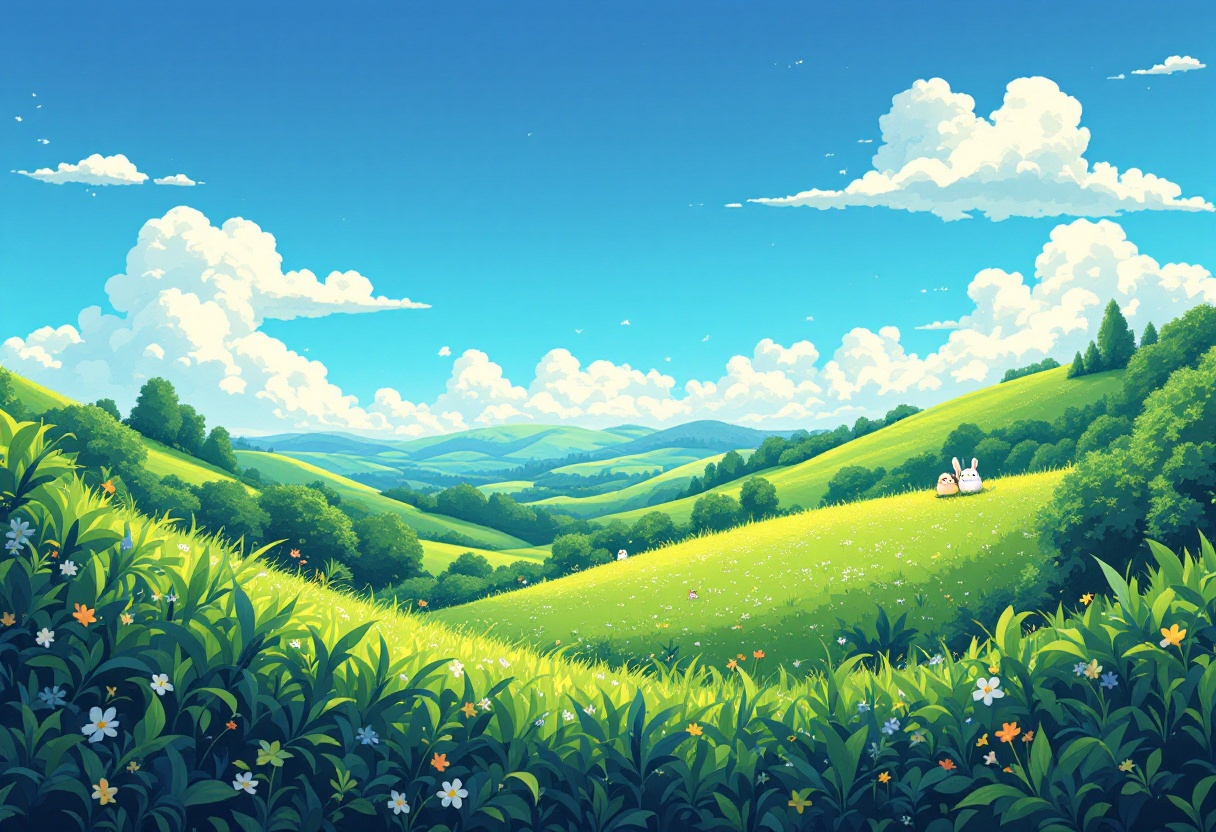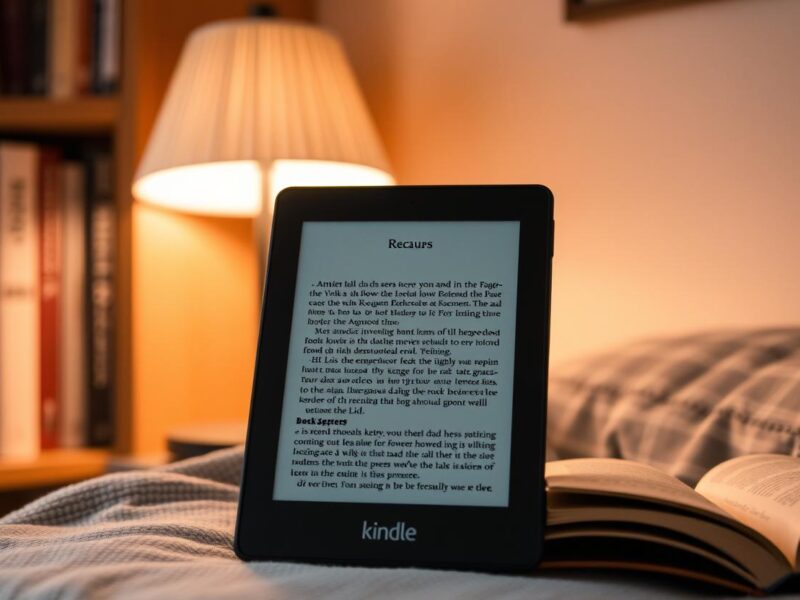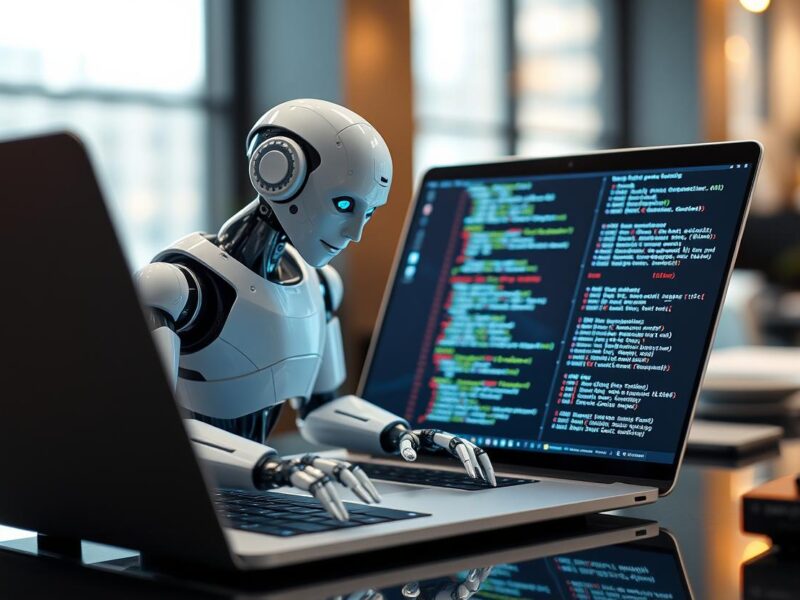Enthusiasts are leveraging OpenAI’s newest generative AI, ChatGPT, to produce images that closely resemble the unique hand-drawn aesthetic of Studio Ghibli, the renowned Japanese animation studio. This trend has sparked a debate on the ethical considerations of imitating the style of living artists like Hayao Miyazaki, Studio Ghibli’s co-founder. Legal professionals indicate that while the style itself may not be copyright-protected, the manner of its use could raise legal concerns.
Following the release of GPT-4o, ChatGPT’s latest update, users have been generating images that echo the dreamy, whimsical visuals characteristic of Studio Ghibli films. This capability has led to a surge in Ghibli-style renditions of memes and public figures across social media platforms, raising questions about copyright infringement and the moral implications of such reproductions.
According to copyright law experts, the visual style of an animation studio like Ghibli isn’t typically protected under copyright. However, the studio might have other legal avenues to safeguard its intellectual property, especially if generated images are misrepresented as official Ghibli works.
Chris Mammen, an IP litigator, highlights the transformative impact of AI tools on fan art creation, noting the unprecedented scale and fidelity with which these tools can replicate artistic styles. Meanwhile, OpenAI has stated its commitment to balancing creative freedom with respect for artists’ rights, allowing broader studio styles while restricting generations in the style of individual living artists.
As AI technology continues to evolve, the legal and ethical landscape surrounding generative content remains in flux, with calls for legal reform growing louder among advocates on all sides of the debate.


